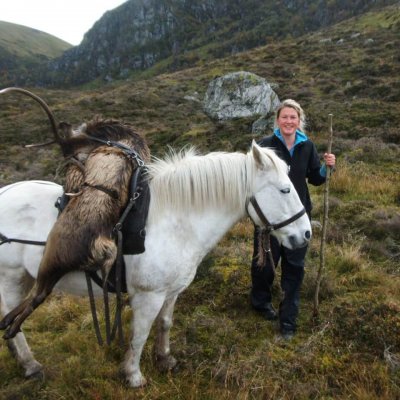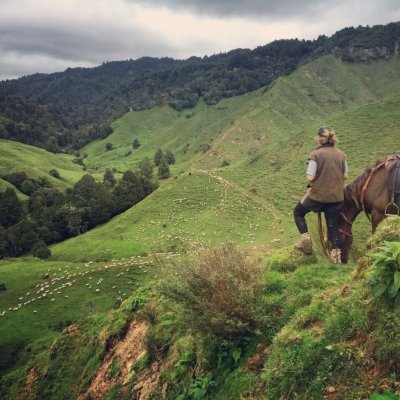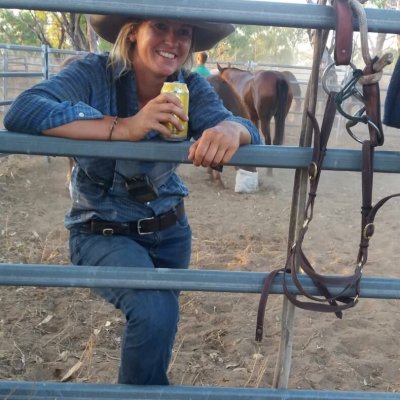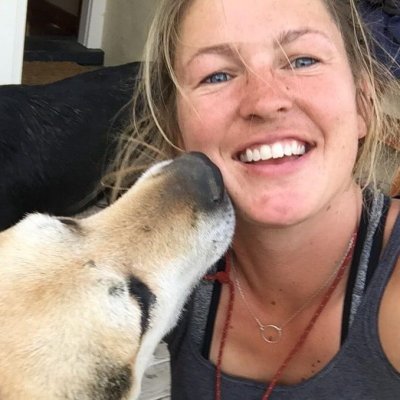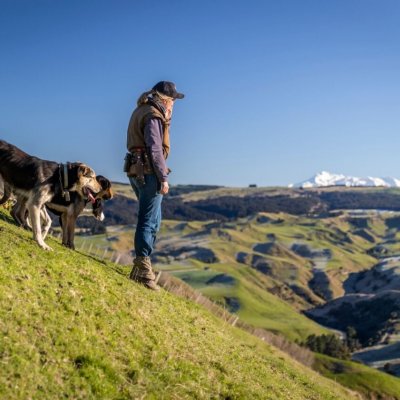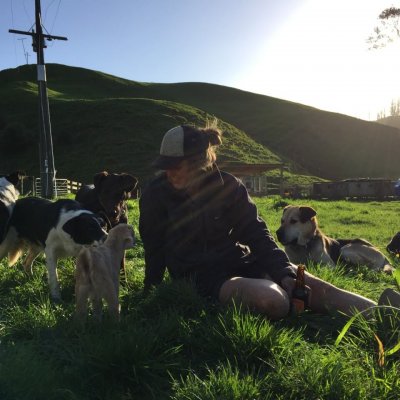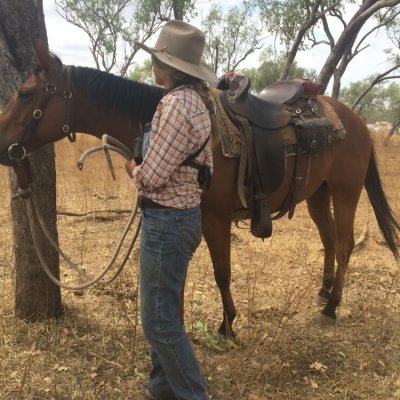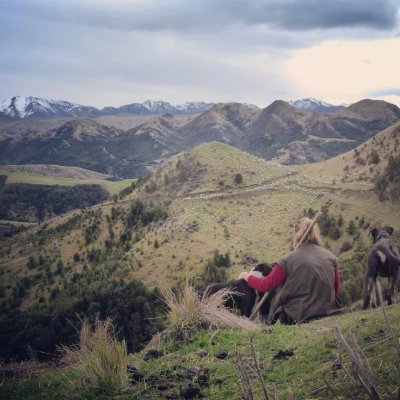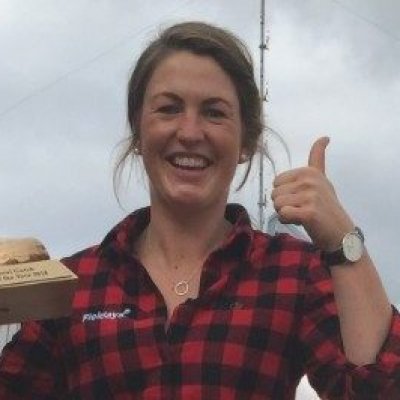Born and raised on a sheep and beef farm in the Central North Island, Mairi Whittle now leases the very same property she grew up on, and has become the fourth generation to farm the same patch of Taihape land. After attending Lincoln University, Mairi pursued a five-year career in rural banking before travelling the world as a jillaroo, from a lush hunting estate in Scotland to the vast, dry Australian outback. Filled with pride in her ability to not only lease her family farm, but to run it all on her own – Mairi’s sense of reward stems from the hard work that goes into growing fresh, high-quality produce that families all over New Zealand are then able to put on the table. A cold beer at the end of the day doesn’t go astray for Mairi either!
When asked what concerned Mairi about the health and safety of those in rural industries and communities, Mairi recalls memories from her childhood, when her father would often fail to arrive home from work until long after dark. Acknowledging the myriad of dangers that come with working alone on the farm, Mairi is intent on not only letting people know what her plans are for the day, but carrying an emergency locator beacon – just in case something were to go wrong. Now attempting to abolish the industry-wide stereotype that jobs should be done “at all costs”, Mairi knows that human harm is simply not worth the risk, and takes extra precautions to make sure people feel safe – that they don’t feel judged or pressured, and that they’re not afraid to speak up.
How would you describe yourself in three words?
Determined, caring and passionate.
Tell me something interesting about yourself...
I grew up on the same farm I now lease from my family, becoming the fourth generation in my family to be on the same farm. It’s a 600ha sheep and beef farm in Taihape, Central North Island. I studied at Lincoln University, followed by five years as a rural bank manager before heading off overseas. Working as a jillaroo on a hunting estate in Scotland and in the Aussie outback were two of the least paid but most rewarding jobs I have ever had and that’s when I realised I needed to be on the land! I came back to New Zealand as a 27-year-old shepherdess to learn the practical side of running a farm. Two years later I took out a hefty loan to buy the stock and lease the land of my parents and I haven’t looked back since!
What's one achievement you are most proud of?
An achievement I’m most proud of is resuming the lease on my family farm and running it on my own for the past 18 months.
What makes you truly happy?
An early morning muster when the dogs and stock are all behaving makes me happy! Selling good quality produce off the farm and being rewarded for the hard work that has gone into growing it also makes me happy – and a cold, well-deserved beer at the end of a long, hot and productive day!
What do you love the most about being a rural woman?
Farming doesn’t feel like a job, it’s just a way of life and it feels so wholesome. I love showing people around the farm and seeing the beauty again through their eyes. The rural communities are so inviting, close and fun – you can’t beat it. We get to eat some of the freshest, least-travelled produce. Oh, and you don’t have to go to the gym!
Tell me about a time when you felt worried about your own or someone else’s health, safety or wellbeing on the farm, boat or in some other aspect of rural life.
I remember as a child, if Dad was home after dark there was always a hint of worry until he walked in the door. Now I’m farming I see how this happens, jobs are unpredictable and hard to create a set time frame around. Also, you could be anywhere on the farm and no one would know if you were in trouble until well into dark when they finally decide to check. This worries me so I’m very careful on my four-wheeler and on days when I’m working alone. Sheep work in the yards can also be a worry with children around, also doing jobs like mouthing and uddering ewes when they can be bolshie and unpredictable. Same in the cattle yards, I’m careful on my own but when other people are there, I feel responsible for them. Driving on the farm and wet tracks is also concerning, especially around docking when the farm can still be quite wet, but you have to get around the property with the ute and tractor. I do all the mustering, so I’m safe – but I worry about the vehicle convoy. The most worried I have ever been was when I was working in the Australian outback. Being a novice horse rider, I was thrown in the deep end to work cattle with low flying helicopters and it had me worried 24/7. Also, when we had to get on the four wheelers to control the cattle, it often had to be done while travelling pretty quickly.
What practical things did or could you, your partner and / or others do to prevent someone from getting hurt?
It’s good to tell someone else your rough plans for the day so if you are home late for any reason, they will know what you are doing and what area of the farm you’re on. I now carry an EPIRB (Emergency Position Indicating Radio Beacon) with me and I’m looking into buying a two-way radio to keep in touch with the house and vice versa. I assess all of the tracks before they’re used and I don’t take risks or think “it’ll be alright”. The consequences – whether it’s a pranged vehicle or worse – human harm is not worth the extra risk compared to going around another way, walking or delaying the required job. I normally get someone else to drive anywhere I don’t feel confident and if someone else is more experienced, it makes sense to pass the job on. I make sure I don’t put pressure on people to get the job done with an ‘at all costs’ type of attitude. I remember starting out shepherding and thinking you just had to do what you were told and drive places you didn’t always feel safe, just to get the job done. I’d like to think anyone working for me would tell me if they felt uncomfortable so we could talk it through or change the plan. I want them to feel like they are in a safe environment and won’t be judged or pressured.
"The more I've learnt about health and safety the less daunting it's become. It's less about the paperwork and documenting things, but more about having the right conversations and performing the right actions."
Mairi Whittle, Taihape, Manawatu-Whanganui NZ Tweet this
Is there a time, place or scenario when your partner / workers are more willing to make changes to the way work is done?
I think when something has happened that is relatable, for example if you’ve heard of an accident or near miss in the area, it’s always good to bring it up as a topic for discussion. It gets everyone thinking about just how easy things can happen to anyone and is worth reiterating either before the job starts or on the job itself.
If you could give any advice to another rural woman about work health and safety in rural industries, about influencing change in business - or just in general - what would it be?
Don’t assume that everyone has thought about doing something the same as you.
Is there anything else you'd like to add?
The more I learn about health and safety the less daunting it’s become, and the more I realise it’s something I hugely believe in. It’s less about the paperwork and documenting things and more about having the right conversations and performing the right actions.
